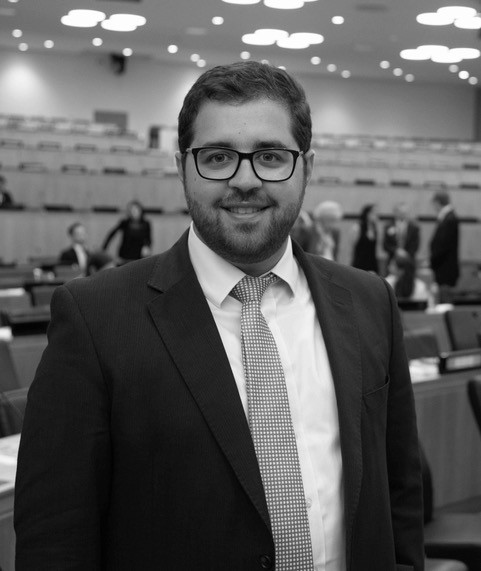In a nutshell
There is evidence that Lebanon’s host population is less willing to contribute to the public good when sharing with refugees.
Lack of cooperation between natives and refugees could be a barrier to the objective of ensuring a decent living for displaced populations in their host communities.
Interventions aimed at increasing trust and cooperation between hosts and refugees would help to reduce ‘own-group biases’ and increase public good provision, thus improving the wellbeing of both refugees and their host communities.
In 2018, the global population of forcibly displaced people stood at a record high 70.8 million, according to the United Nations refugee agency (UNHCR, 2018). Syrians continued to be the largest forcibly displaced population, with 13 million people displaced, including 6.7 million refugees, the majority of whom are hosted by neighbouring countries.
Lebanon is one of the largest hosts of refugees from the conflict, with almost one million Syrians in 2018, making it the country with the highest density of refugees in the world.
The relationship between Lebanon and Syria has always been very strained. Thus, an important issue is whether, given the conflict and the displacement of Syrians, these two populations will cooperate. With many other populations around the world becoming displaced and hosted in potentially unwelcoming communities, this question is also of wider relevance.
We recently carried out a pilot study in Lebanon with Syrian refugees and Lebanese nationals to measure cooperation between the two groups. Participants were randomly assigned to Lebanese-only, Syrian-only or mixed groups, and they then played six rounds of a ‘public good game’ in randomly formed pairs (Drouvelis et al, 2019).
Public good games are used by economists and other social scientists to understand the behaviour of a group of individuals that are working towards a common goal while facing a social dilemma. In a public good game, participants are given a number of tokens and are asked to either keep them or invest them in a common account. The amount that gets invested in the common account is then shared equally among members of the group.
The group’s total payoff is maximised when everyone invests in the common account, but individually each member is better off keeping their tokens. This is the nature of the social dilemma that they face.
We used subtle differences in spoken Arabic to make salient the composition of the groups’ nationality to participants at the beginning of each session. Our main interest lay in the levels of cooperation that are sustained across and within the two groups and the extent to which individuals penalise others to enforce cooperation.
We find that, on average, contributions to the public good are significantly higher in homogeneous groups compared with mixed groups, suggesting a stronger ‘in-group’ versus ‘out-group’ cooperation effect. This result is driven by the hosts (Lebanese participants) who exhibit a stronger tendency to reduce contributions when in a mixed group. We also find a substantial degree of antisocial penalties, especially in Lebanese-only groups.
Moreover, our results show that for the Lebanese hosts, although as expected there is greater cooperation and reciprocity towards their own group, there is also a lower willingness to punish out-group defectors and even evidence of an inclination to punish in-group cooperators.
Overall, our findings indicate that mixing of the two groups leads to deterioration of the public good and makes individuals worse off.
Our study suggests that lack of cooperation between natives and refugees could be a barrier to the efforts of all those who are striving to ensure a decent living for displaced populations in host communities, and an important challenge faced by societies experiencing a large influx of refugees.
This highlights the challenge in many countries hosting refugees, where the host population feels anxious about competition in the labour market and congestion in public services. In some cases, there may be lack of support from hosts and, as a result, they might behave in an anti-social manner towards refugees.
Hence, it is important not only to support refugees in their protracted displacement but also to provide adequate help to the host communities to alleviate any economic and social pressures. Furthermore, interventions aimed at increasing intergroup trust and cooperation would help to reduce ‘own-group’ biases and increase public good provision, which are important for the wellbeing of both refugees and their host communities.
Further reading
Drouvelis, Michalis, Bilal Malaeb, Michael Vlassopoulos and Jackline Wahba (2019) ‘Cooperation in a Fragmented Society: Experimental Evidence on Syrian Refugees and Natives in Lebanon’, IZA DP 12858.
UNHCR, United Nations Higher Commissioner for Refugees (2018) Global Trends: Forced Displacement in 2018.





